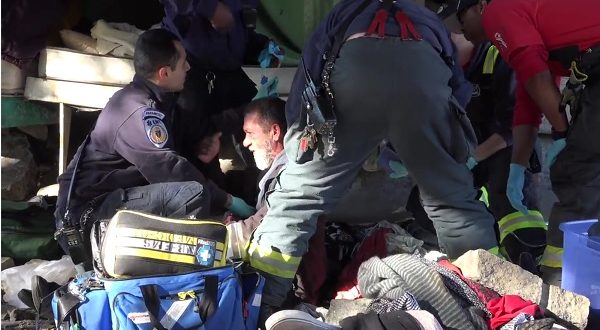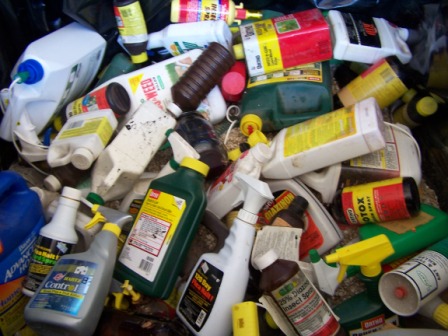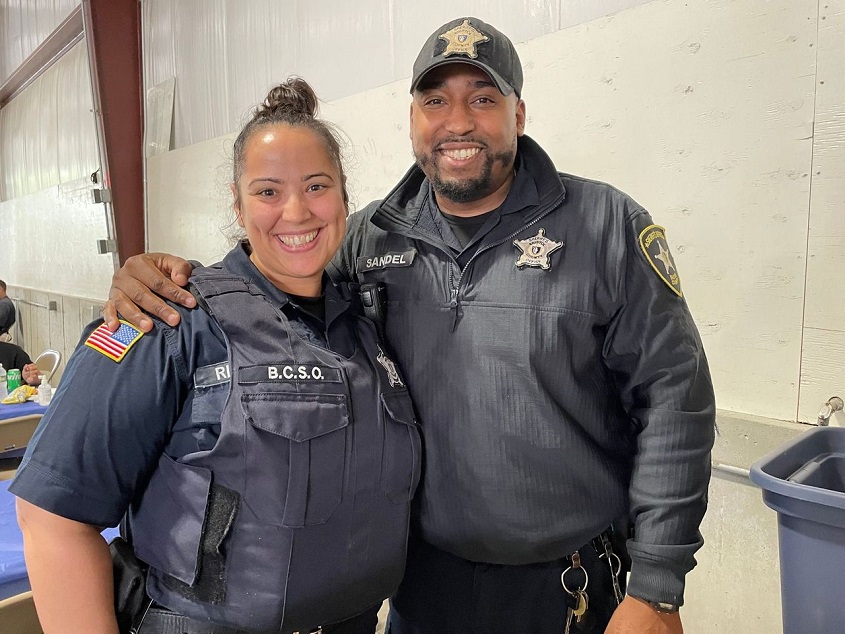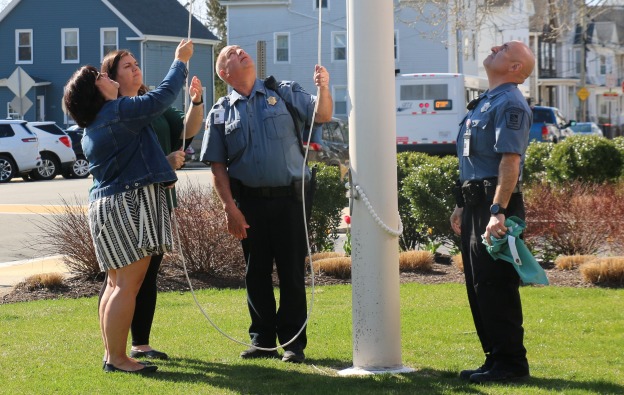The White House’s Opioid Commission sent a 10-page draft memo with some staging facts and recommendations to President Trump. This was in response to President Trump’s Executive Order on
March 29th, 2017. Here are 7 takeaways and 9 recommendations from the commission:
1. According to the Centers for Disease Control (CDC), the most recent data estimates that 142 Americans die every day from a drug overdose.
2. The opioid epidemic we are facing is unparalleled. The average American would likely be shocked to know that drug overdoses now kill more people than gun homicides and car crashes combined. Between 1999 and 2015, more than 560,000 people in this country died due to drug overdoses – this is a death toll larger than the entire population of Atlanta.
3. Americans consume more opioids than any other country in the world. In 2015, the amount of opioids prescribed in the U.S. was enough for every American to be medicated around the clock for three weeks.
4. Since 1999, the number of opioid overdoses in America have quadrupled according to the CDC. Not coincidentally, in that same period, the amount of prescription opioids in America have quadrupled as well. This massive increase in prescribing has occurred despite the fact that there has not been an overall change in the amount of pain Americans have reported in that time period. We have an enormous problem that is often not beginning on street corners; it is starting in doctor’s offices and hospitals in every state in our nation.
5. In 2015, 27 million people reported current use of illegal drugs or abuse of prescription drugs.
Despite this self-reporting, only 10 percent of the nearly 21 million citizens with a substance use
disorder (SUD) receive any type of specialty treatment according to the most recent National Survey on Drug Use and Health. This is contributing greatly to the increase of deaths from overdose.
6. Over forty percent of people with a substance use disorder also have a mental health problem,
but less than half of these people receive treatment for either issue. The reasons for these treatment gaps are many, including lack of access to care, fear of shame and discrimination, and lack of motivation to seek treatment.
RECOMMENDATIONS
Recommendation #1: The first and most urgent recommendation of this Commission is direct and completely within your control. Declare a national emergency under either the Public Health Service Act or the Stafford Act. With approximately 142 Americans dying every day, America is enduring a death toll equal to September 11th every three weeks.
Recommendation #2: Rapidly increase treatment capacity. Grant waiver approvals for all 50 states to quickly eliminate barriers to treatment resulting from the federal Institutes for Mental Diseases (IMD) exclusion within the Medicaid program. This will immediately open treatment to thousands of Americans in existing facilities in all 50 states.
Recommendation #3: Mandate prescriber education initiatives with the assistance of medical and dental schools across the country to enhance prevention efforts. Mandate medical education training in opioid prescribing and risks of developing an SUD by amending the Controlled Substance Act to require all Drug Enforcement Administration (DEA) registrants to take a course in proper treatment of pain. HHS should work with partners to ensure additional training opportunities, including continuing education courses for professionals.
Recommendation #4: Immediately establish and fund a federal incentive to enhance access to Medication Assisted Treatment (MAT). Require that all modes of MAT are offered at every licensed MAT facility and that those decisions are based on what is best for the patient. Partner with the National Institutes of Health (NIH) and the industry to facilitate testing and development of new MAT treatments.
Recommendation #5: Provide model legislation for states to allow naloxone dispensing via standing orders, as well as requiring the prescribing of naloxone with high-risk opioid prescriptions; we must equip all law enforcement in the United States with naloxone to save lives.
Recommendation #6: Prioritize funding and manpower to the Department of Homeland Security’s (DHS) Customs and Border Protection, the DOJ Federal Bureau of Investigation (FBI), and the DEA to quickly develop fentanyl detection sensors and disseminate them to federal, state, local, and tribal law enforcement agencies. Support federal legislation to staunch the flow of deadly synthetic opioids through the U.S. Postal Service (USPS).
Recommendation #7: Provide federal funding and technical support to states to enhance interstate data sharing among state-based prescription drug monitoring programs (PDMPs) to better track patient-specific prescription data and support regional law enforcement in cases of controlled substance diversion. Ensure federal health care systems, including Veteran’s Hospitals, participate in state-based data sharing.
Recommendation #8: Better align, through regulation, patient privacy laws specific to addiction with the Health Insurance Portability and Accountability Act (HIPAA) to ensure that information about SUDs be made available to medical professionals treating and prescribing medication to a
patient. This could be done through the bipartisan Overdose Prevention and Patient
Safety Act/Jessie’s Law.
Recommendation #9: Enforce the Mental Health Parity and Addiction Equity Act (MHPAEA) with a standardized parity compliance tool to ensure health plans cannot impose less favorable benefits for
mental health and substance use diagnoses verses physical health diagnoses.
You can read the full memo here.
 New Bedford Guide Your Guide to New Bedford and South Coast, MA
New Bedford Guide Your Guide to New Bedford and South Coast, MA








